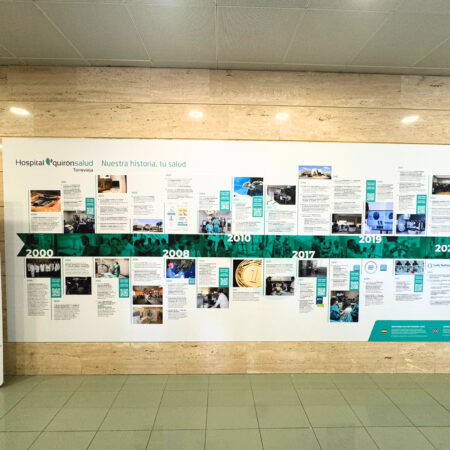The Spanish Government has announced a heightened crackdown on far-right extremist groups, in response to a spate of recent clashes in Torre‑Pacheco, Murcia, that saw xenophobic violence erupt between far-right demonstrators and members of the North African migrant community.
The Ministry of the Interior confirmed on Wednesday that a multi-agency strategy is now underway, involving the Guardia Civil, Policía Nacional, and domestic intelligence services (CNI), to identify, monitor, and, where necessary, prosecute individuals and organisations promoting hate speech, racially motivated violence, and incitement to disorder.
The move follows three consecutive nights of unrest in Torre‑Pacheco earlier this month, sparked by an alleged assault on an elderly local resident. The incident was quickly seized upon by far-right agitators, including members of Desokupa and other fringe movements, who called for public demonstrations that later turned violent.
More than a dozen arrests were made, including several for public order offences and possession of prohibited weapons. Among those detained was a suspected neo-Nazi organiser in Mataró, believed to have been instrumental in coordinating online campaigns designed to inflame tensions across small towns in southern Spain.
Interior Minister Fernando Grande-Marlaska described the situation as “deeply troubling”, warning that Spain “will not allow extremists to destabilise communities or exploit vulnerable events to push racist or anti-immigrant agendas”.
The new measures will include:
- Expanded intelligence-sharing between national and regional police forces
- Targeted surveillance of online platforms used for far-right recruitment and propaganda
- Strengthened legal action against hate crime under existing penal code provisions
- Support to municipalities experiencing social tension due to misinformation or political manipulation
Human rights groups have welcomed the announcement, noting that far-right rhetoric has gained visibility in some parts of Spain in recent years, particularly online and in fringe political media. However, they cautioned that enforcement must also respect civil liberties and avoid profiling or disproportionate policing.
The Ministry also signalled its intent to work with schools, local councils, and NGOs to deliver preventative education and community engagement initiatives, aiming to build resilience against extremist narratives.












No Comment! Be the first one.